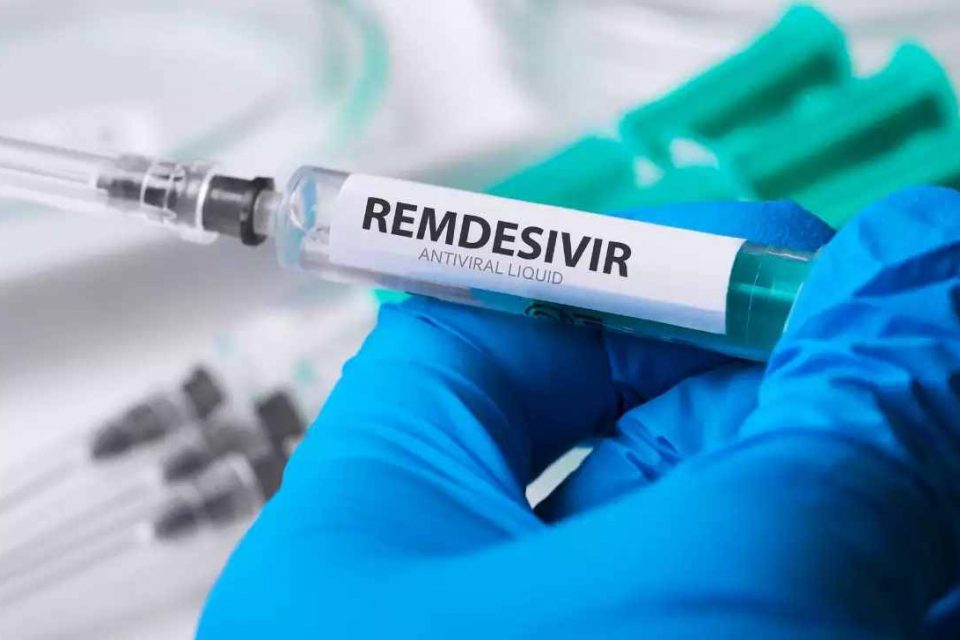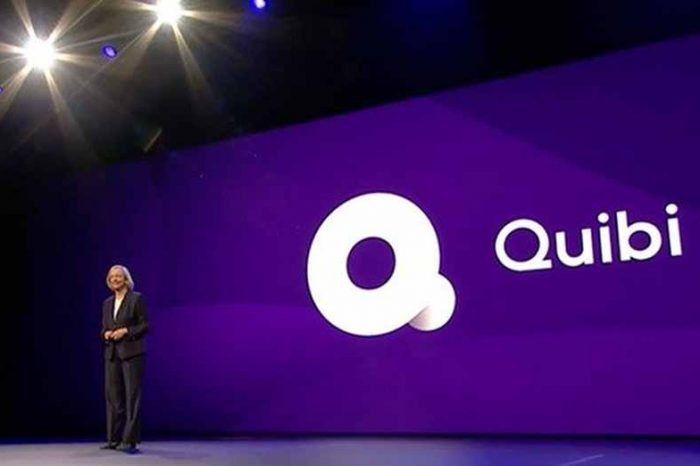Remdesivir combined with hydroxychloroquine lowered likelihood of coronavirus recovery, new Gilead study finds

Another day, another remdesivir and hydroxychloroquine study. Even after a study published in the New England Journal of Medicine in April showed Gilead’s antiviral drug remdesivir only helped those on oxygen, Gilead Sciences continues to push the drug as a potential treatment for coronavirus. In a new twist, Gilead on Friday, published the results of a new combined study of remdesivir and malaria drug hydroxychloroquine.
In an announcement published on its website yesterday, Gilead said the data from the study showed that remdesivir reduced the risk of mortality by 62 percent, compared with standard of care. In analyzing clinical outcomes of patients, the pharmaceutical giant also found those who were treated with only remdesivir had higher rates of recovery than those who were treated with remdesivir and hydroxychloroquine.
Gilead later warned that it does not recommend coadministration of remdesivir and chloroquine phosphate or hydroxychloroquine sulfate due to a risk of reduced antiviral activity. However, Gilead added that the results of the study also showed that administering both drugs to a patient did not increase mortality rates during the 14-day of testing.
While the US mainstream media and FDA continue to push remdesivir, skeptics question Gilead data showing remdesivir cut death rate. “Although the data suggest a modest benefit against the coronavirus, skepticism is likely to grow about how effective is it,” CNBC said in July 1 piece. In a similar report yesterday, FiercePharma echoed the same sentiment, citing what medical experts said about how Gilead trial is “deeply flawed.” Below is how FiercePharma, an online medical publication, describes it.
Gilead Sciences released new data Friday showing its antiviral remdesivir slashed death rates by 62% compared with standard treatment, but health experts aren’t convinced. Gilead compared 312 patients dosed with remdesivir in its phase 3 SIMPLE trial against a historical cohort of 818 patients with similar disease severity on “standard of care,” but because that comparison wasn’t performed in a controlled trial, the numbers are “deeply flawed,” one expert said. Gilead itself said the findings “[require] confirmation in prospective clinical trials.”
Instead of focusing just on its antiviral drug, we are not sure why Gilead decided to conduct a combined study of remdesivir and hydroxychloroquine. If treatment with hydroxychloroquine cut coronavirus death rate in half for sick patients hospitalized with COVID-19 and without heart-related side-effects, as New Henry Ford Health study found, why is Gilead including hydroxychloroquine in its study?
According to the study, 229 patients were enrolled at trial sites in the United States; clinical improvement was defined as a ≥ 2-point improvement on a 7-point ordinal scale. Among these patients, rates of clinical improvement at Day 14 were 84 percent in African American patients (n=43), 76 percent in Hispanic white (HW) patients (n=17), 67 percent in Asian patients (n=18), 67 percent in non-Hispanic white (NHW) patients (n=119) and 63 percent in patients who did not identify with any of these groups (n=32). Key efficacy and safety results with remdesivir treatment across race and ethnicity in the United States are included in the following table.
|
NHW |
Black |
HW |
Asian |
Other |
|
|
Mortality, Clinical Improvement and Discharge by Race – U.S. Patients Only at Day 14 |
|||||
|
≥ 2-point clinical improvement |
80 (67%) |
36 (84%) |
13 (76%) |
12 (67%) |
20 (63%) |
|
Discharge |
80 (67%) |
32 (74%) |
13 (76%) |
12 (67%) |
20 (63%) |
|
Death |
13 (11%) |
3 (7%) |
1 (6%) |
2 (11%) |
3 (9%) |
Among the 397 patients who received remdesivir treatment globally, Black race, age under 65 years, treatment outside of Italy and requirement of only low-flow oxygen support or room air at baseline were factors significantly associated with clinical improvement of at least two points at Day 14.
After a median follow-up of 14 days, 57 percent of patients treated with both remdesivir and hydroxychloroquine recovered, compared with 69 percent who were given only remdesivir, a difference of 12 percent. The analysis was conducted following data that demonstrated chloroquine inhibits remdesivir’s antiviral activity.
According to Gilead, administering both drugs to a patient didn’t increase mortality rates during the 14-day analysis window. “The analysis also showed that patients in the concomitant hydroxychloroquine group experienced overall higher rates of adverse events,” Gilead added. The difference was “significant” for Grade 3-4 adverse events, defined by the Food and Drug Administration (FDA) as ranging from “severe or medically significant but not immediately life-threatening” to needing “urgent intervention.”
Following the availability of in vitro data demonstrating chloroquine inhibits the antiviral activity of remdesivir in a dose-dependent manner, Gilead conducted an analysis of clinical outcomes with patients who were treated with both remdesivir and hydroxychloroquine concomitantly, versus patients who were treated with remdesivir and who did not receive concomitant hydroxychloroquine. Through a median follow-up of 14 days, the rates and likelihood of recovery were lower in patients who received concomitant hydroxychloroquine compared with patients treated with remdesivir who did not receive hydroxychloroquine (57 percent vs. 69 percent, covariate-adjusted HR [95% CI] 0.61 [0.45, 0.83], p=0.002). Concomitant hydroxychloroquine use was not associated with increased mortality in the 14-day analysis window. The analysis also showed that patients in the concomitant hydroxychloroquine group experienced overall higher rates of adverse events. After adjusting for baseline variables, this difference was significant for Grade 3-4 adverse events.
For those of you who have following our coverage of hydroxychloroquine over the past three months, there is now doubt that anti-malaria drug has become the most controversial drug in the world. Hydroxychloroquine has become the most divisive drug since President Donald Trump touted the drug in March as a potential as a “game changer.”
Even though hydroxychloroquine is facing barrage of media assaults here in the United States, many other countries including India, Turkey, and Brazil, have credited the drug for saving their citizens lives. Last Thursday, Brazilian President Bolsonaro posted video of himself taking Hydroxychloroquine in fight against coronavirus.




